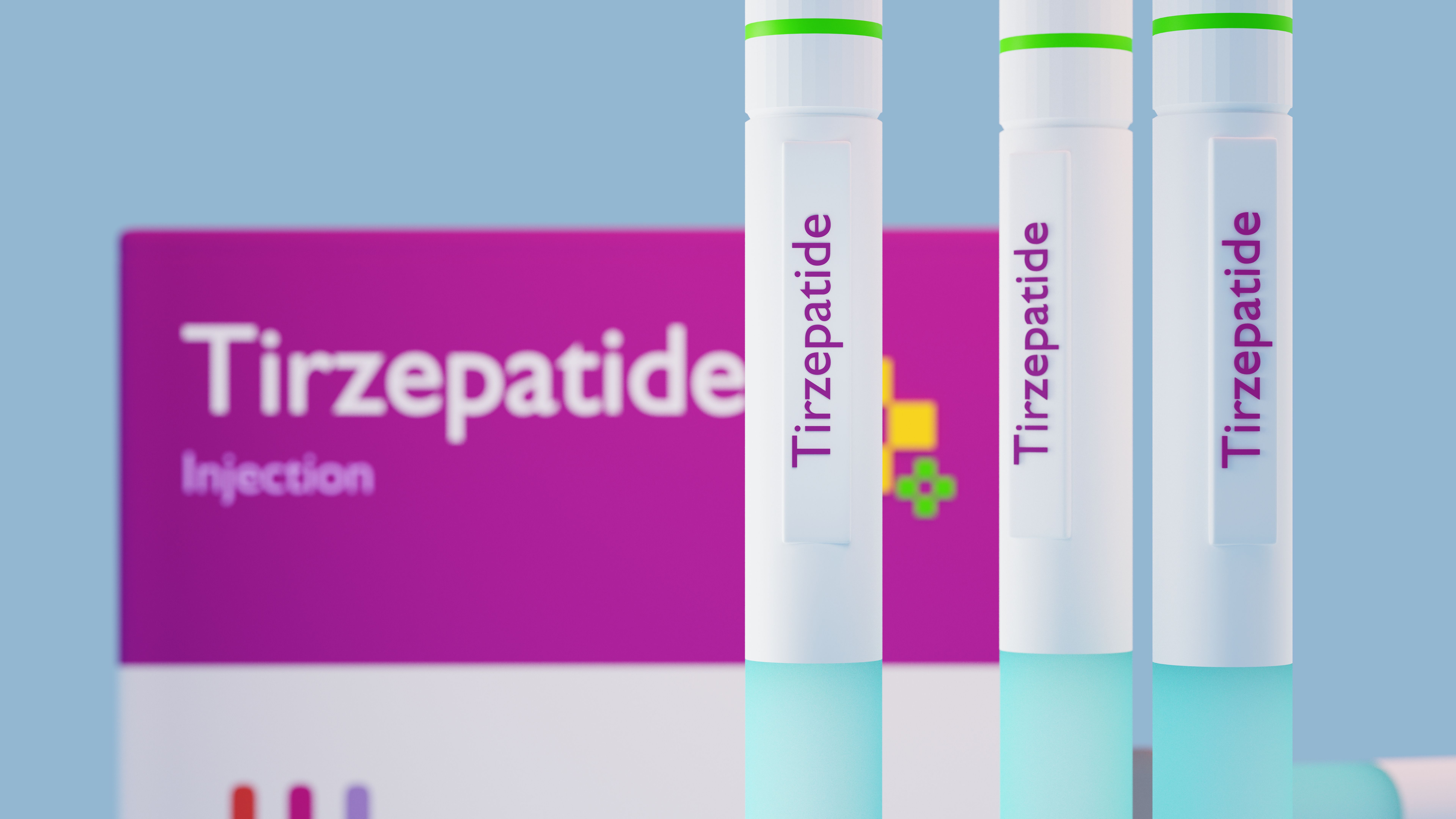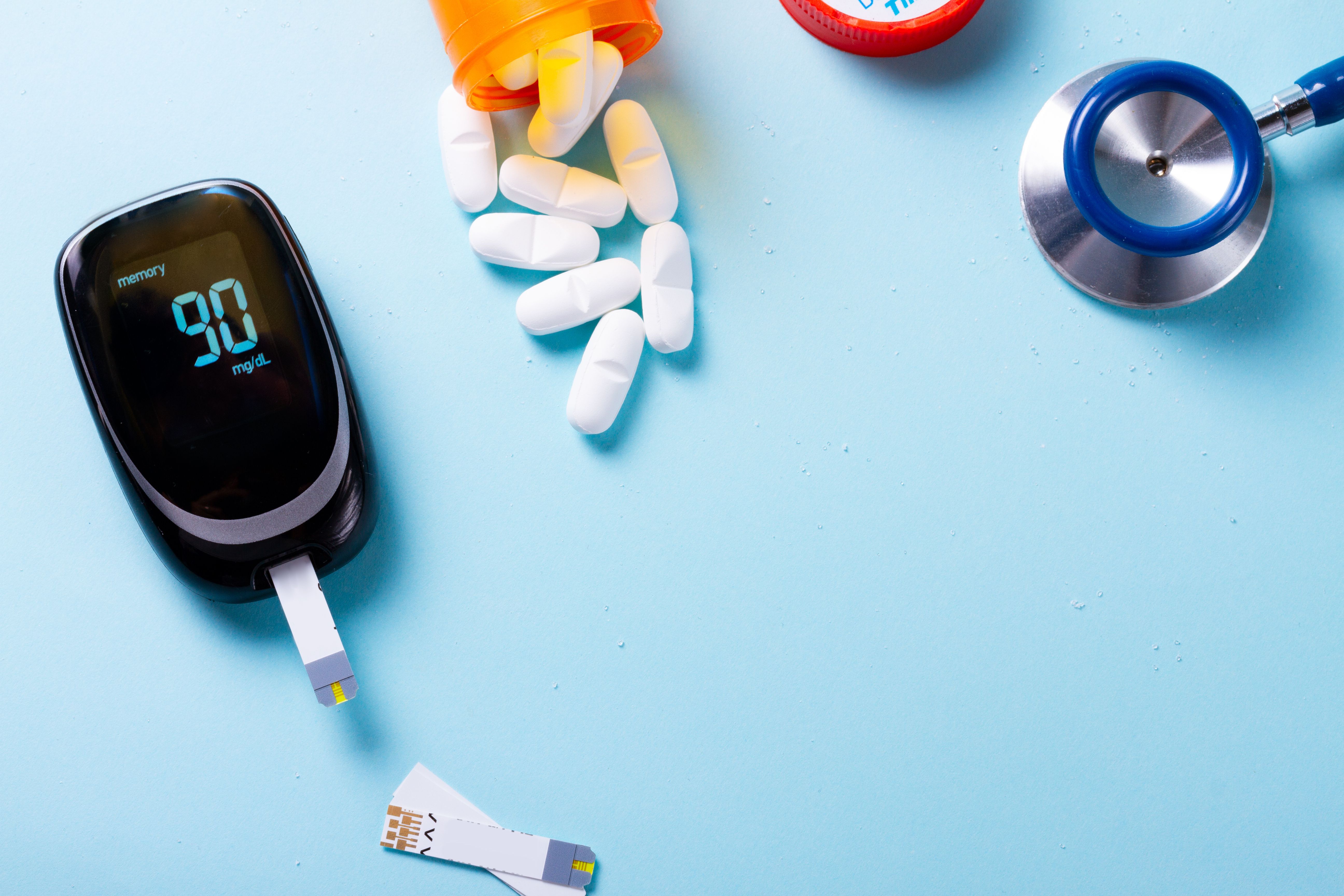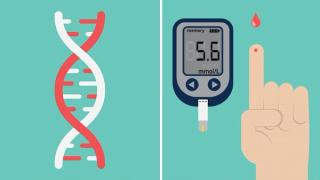
Diabetes
Latest News
Latest Videos

CME Content
More News

Glucagon-like peptide-1 receptor agonists and sodium-glucose contransporter-2 inhibitors have been added as first-line therapy recommendation for type 2 diabetes, the first since metformin
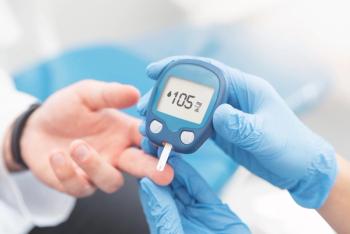
Jon Easter talks about community pharmacy's role in propelling diabetes innovation and optimizing patient care.

Many patients are unaware of wound complication, so it is valuable for pharmacists to communicate prevention methods with all patients with diabetes.

The ADA Clinical Practice Recommendations added sleep assessment for precision medicine in type 2 diabetes, supporting the wealth of information surrounding the association.
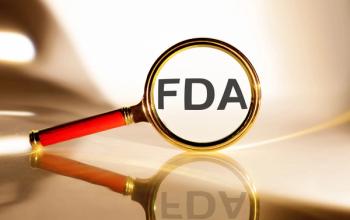
The system is an outpatient procedure that resurfaces the mucosal lining, making it easier for the body to maintain healthy metabolism and blood glucose levels.

The presence of glutamic acid decarboxylase antibodies in intravenous immunoglobulin can lead to a misdiagnosis of type 1 diabetes mellitus if a false-positive result is garnered.


Kristian Hurley, senior vice president of Programs, Advocacy, and Health Equity at Beyond Type 1, discussed the importance of proactive screening for patients with signs of type 1 diabetes (T1D).

Because T1D is not necessarily caused by genetics, educating patients about the signs and helping them get tested early is crucial.

A 5:2 intermittent fasting plan combined with meal replacement had better positive outcomes compared with metformin and empagliflozin.

Use of semaglutide injections may be linked to an increased risk of blindness in patients with diabetes.

The FDA has issued a statement on suicidal thoughts or actions and has launched evaluations for that signal as well as alopecia and aspiration.
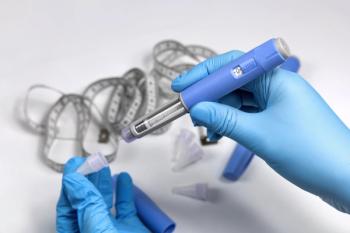
When used correctly, weight-loss medications, such as glucagon-like peptide-1 (GLP-1) medications, can be a tool to help reduce costs and provide clinical results.

Pharmacists can play a crucial role in diabetes management by implementing standing order protocols for medication titration and serving as a bridge between patients and other health care providers.
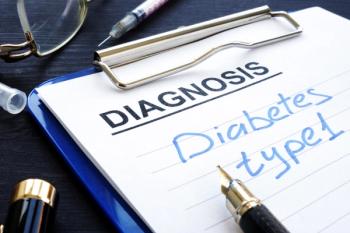
Many patients who took technosphere insulin saw improvements in hemoglobin A1c, but other patients saw worsening with the drug.

The CATALYST trial has identified hypercortisolism as a significant factor in approximately 1.2 to 1.3 million poorly controlled diabetes patients in the United States.

Additionally, birth weight was higher in babies born to mothers who were prescribed glucagon-like peptide-1 (GLP-1) medications either 90 days prior to pregnancy or during the first trimester.
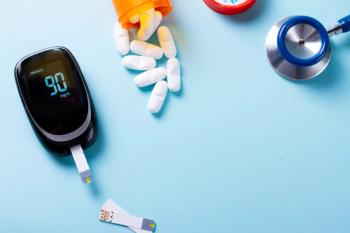
Approximately 81% of individual said Tandem Mobi reduced the burden of managing diabetes and 87% said it helped manage diabetes effectively.

This marks the first launch of a generic glucagon-like peptide 1 receptor agonist.

American Diabetes Association Scientific Sessions speaker Ivan de Araujo discusses how regulation of blood glucose levels and the influence of food preferences can be significant for diabetes care.

Benefits of semaglutide on cardiovascular outcomes, such as death, non-fatal myocardial infarction, and non-fatal stoke, were also presented at the session at American Diabetes Association 84th Scientific Sessions.

Teplizumab (Tzield; Sanofi) has the potential to delay type 1 diabetes and the onset of stage 3 diabetes, but must be started in stage 1 of the disease.

Food is medicine is a framework of policy and behavioral interventions, improving population health through access to healthy foods to increase food and nutrition security.

W. Timothy Garvey expressed concern over limited access to effective obesity medications like Ozempic due to shortages and high costs, urging stakeholders to work together on developing solutions.
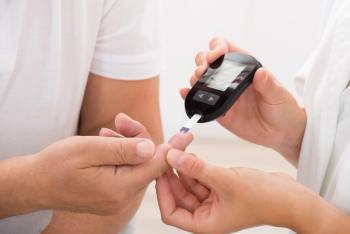
Potential concerns surrounding GLP-include pancreatitis, pancreatic cancer, colorectal cancer, suicide and other phycological effects, and thyroid cancer.


